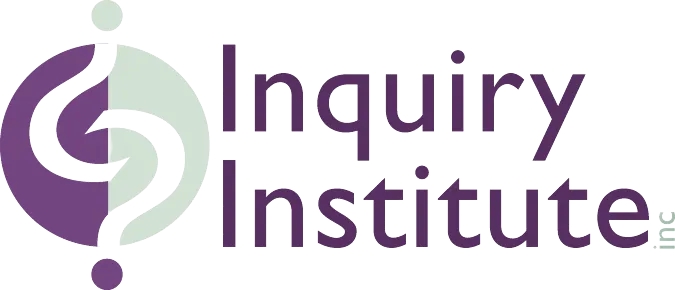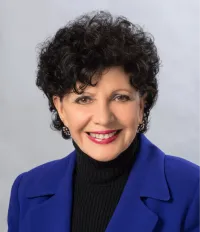Blog

“Question Reluctance” Sabotages Sales
Every sales professional knows that expert selling requires asking expert questions. Yet many salespeople are uncomfortable and reluctant to ask questions, especially questions that call for a commitment. Some salespeople actually get clammy palms or their heart starts to race.
“Question reluctance” is the discomfort and avoidance of asking question. It is similar to call reluctance and both sabotage sales results. On the other hand, you can develop a natural comfort with asking questions. This will increase your professional skills and success with any sales system you use.
Do you have “question reluctance?”
Question reluctance is certainly not confined to people who sell for a living. Most of us experience it to some degree. Consider this: Have you ever been in a situation, either professional or personal, when you had an important question to ask, and you did not ask it? In our sales courses, virtually everybody answers “Yes” to this query. Is it true for you? How many more sales could you close without question reluctance?
Many participants in these sales courses say they’re afraid to ask questions because it feels like they’re being rude or even interrogating prospective customers. Some remember painful childhood experiences when they felt interrogated. For them, questioning interactions conjure up uncomfortable images of the inquisition. The dictionary tells us that “a formal question or inquiry” is actually called an interrogation. These factors combined (childhood experiences and fear of being interrogated) often contribute to an unconscious belief that question interactions are inherently conflicted, inappropriate, and even painful. No wonder people are timid about asking questions!
While question reluctance is a common experience, salespeople often suffer from it more than others. This is partly because there are many negative perceptions about sales people, and partly because most sales systems are designed to ask manipulative questions. Such questions are usually uncomfortable to ask, prospects don’t like getting them, and resistance and objections are typically the result.
Sales questions work best when the interaction is collaborative and comfortable. This becomes the basis for building respectful, trusting, long-term sales relationships. To operate in a win-win sales frame, question reluctance must be transformed into a natural comfort and competence with asking questions.
How can you transform question reluctance?
You may not realize it, but you ask yourself questions all the time (about others and yourself). I refer to this as QuestionThinking™. Some of our internal questions cause question reluctance and others help cure it. Avoid asking yourself problem-causing questions like: “Why don’t they hurry up and just say Yes?” “Will I get fired if I don’t make my numbers?” or “How am I going to mess this up?” Instead ask yourself helpful questions like: “Am I truly listening” “What do they really want?” “How can I be of service?” and “What will be a win-win?”
How can this help you make more sales?
Question reluctance is like having one foot on the brake pedal while the other is on the gas. Remove one foot and you can stop or go at your discretion. Every phase of the sales process requires asking many questions. Being comfortable and expert with asking questions helps you keep your foot on the gas all the way to your destination. A surprising bonus is that your personal life may also benefit. We have to ask and answer questions every day of our lives. Asking yourself and others empowering questions can make a positive difference everywhere in your life. Is that what you want?
Copyright © 2006 Marilee Adams, Ph.D. Inquiry Institute, Lambertville, NJ

Learn More

